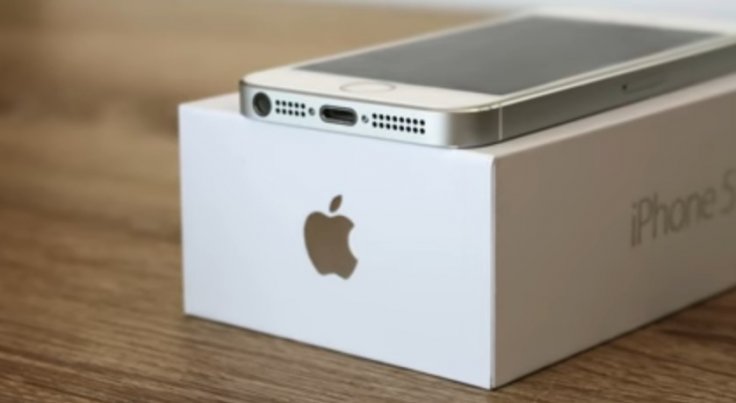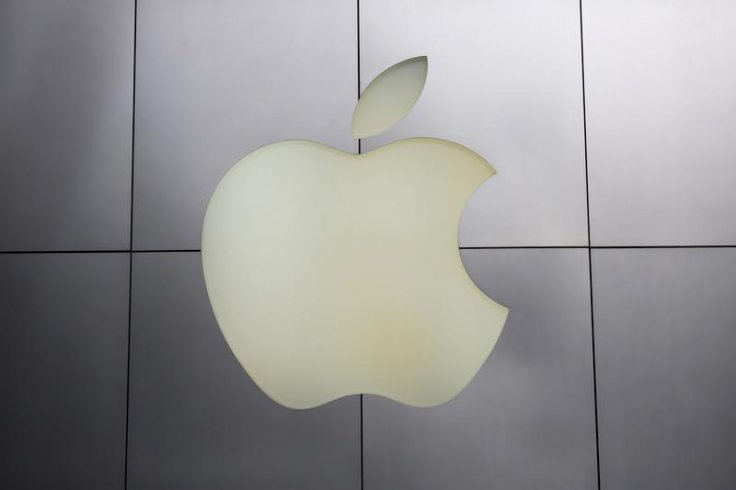One of the first companies to reap the benefits of the phase-one trade deal between the United States and China is Apple. President Donald Trump's announcement on Friday that a trade deal has been reached and that fresh tariffs on a range of products that were scheduled to take effect on Sunday will be rolled back, perhaps has saved Apple.
Apple imports some components from China for its products and was already paying duties in the United Sates. The rollback of the new round of tariffs that would have seen 15% duty on a large number of imports from China that included computers, mobile phones, toys and apparels, now seem to have come as a huge relief for Apple.
How Apple can get benefited?

The phase-one trade deal covers major sectors like technology, intellectual property, retail and agriculture. The announcement of the deal came just two days before the United States was readying to impose a new wave of 15% tariffs on a range of goods from China that included apparels, toys, computers and mobile phones.
Apple has a huge supply chain in Asia particularly China. The company already pays tariffs on a large number of its products like iPhones, AirPods and AppleWatch but hasn't had hiked prices on these items in the United States.
In 2018, the company produced 218 million iPhones, most of which were assembled in China. Understandably, Apple was paying tariffs. The latest round of tariffs could have increased the price of iPhones by $150. However, that now isn't going to happen and comes as a huge relief for Apple.
Victory for Tim Cook

Trump's tariffs were hurting tech companies the most, with many trying to shift to other Asian countries lately. Apple too has been trying to shift to other countries like India and Vietnam. The phase one trade deal now may not require many tech companies to do so in the near term.
China is an important market for Apple from two view points. First, most of its iPhones are assembled in China and second, the Greater China area is Apple's third-biggest market. The company reported $51 billion of its revenues from that market in 2018.
Moving to other country wasn't Apple's focus. Tim Cook has been repeatedly lobbying Trump and has been pushing for either a waiver in tariffs for Apple's products or to reach a trade deal. In September, the company was hit by another round of tariffs of 25% for importing peripherals for manufacturing the new Mac Pro.
The new trade deal will bring in much relief for Apple given that it might not have to see further escalation in manufacturing costs of its products. The deal certainly looks to be a big victory for Cook and his company as of now.









